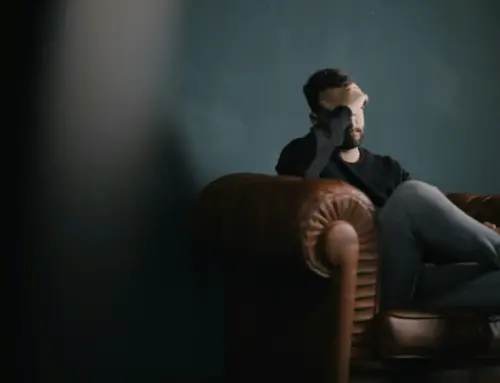There are times in life where it seems like everything is going the wrong way. Perhaps it is time to get back to square one and have a rethink about life. No time like the present to sit down and evaluate whether yourself or a loved one may be struggling with something that cannot be controlled by positive thinking, meditation, or yoga. It may be that something more is going on that needs to be looked at, like a dual diagnosis issue of addiction and mental health challenges. Find out some of the signs to watch for if you or a loved one may be struggling to get your head above water.
Signs of Dual Diagnosis
A dual diagnosis is a co-occurring mental health and addiction disorder happening at the same time. This simply means a person is wrestling with mental health issues who uses drugs or alcohol to cover up symptoms, or perhaps addiction issues started and mental health issues followed. In either case, it is best to know the signs and seek help for this right away:
- Whenever mental health is mentioned, it makes some sense to you: you or a loved one most likely know if mental health issues are present. It may not be referred to in that sense, but lingering addiction and mental health stigma is alive and well which may cost precious time in seeking treatment. If feelings of despair, stress, anxiety, fear, or other issues are present and so is substance use, there is likely a dual diagnosis issue going on and it is time to seek help.
- Daily life is harder work than usual. If yourself or a loved one have trouble staying emotional stable on a daily basis, fly off the handle at minor incidents, or shut down completely when someone gives the wrong look, it may be time to make a change.
- Loss or trauma is part of the journey to addiction. If there is a triggering incident around substance abuse, perhaps a divorce in the family, significant loss, or abuse, this could be a reason for the challenges faced now. There are huge links between trauma and addiction so taking time to notice if anything comes up can help identify this as a trigger.
- The phrase ‘drugs help bring normal feelings’ pops up. If this sentence is in yours or a loved one’s daily lexicon, it may be a sign of addiction issues, along with dual diagnosis. This could infer that it is hard to maintain emotional stability without addictive substances.
- 12 step programs don’t work. They are not designed with dual diagnosis treatment in mind. If this has not worked, it may be that simply it is not the right program but if it makes sense for yours or a loved one’s addiction but not the mental health challenges, it could be that there are other issues to address.
The Springboard Center’s addiction treatment programs are tailored to meet the needs of each client. By utilizing a set of diverse methods of addiction treatment, we are able to deal with your addiction from all angles and concentrate on every aspect of your healing process. It is important to recognize that many of our services offer a group setting and environment, so that the client spends time with other people affected by the same chronic disease and problems. 432-620-0255




